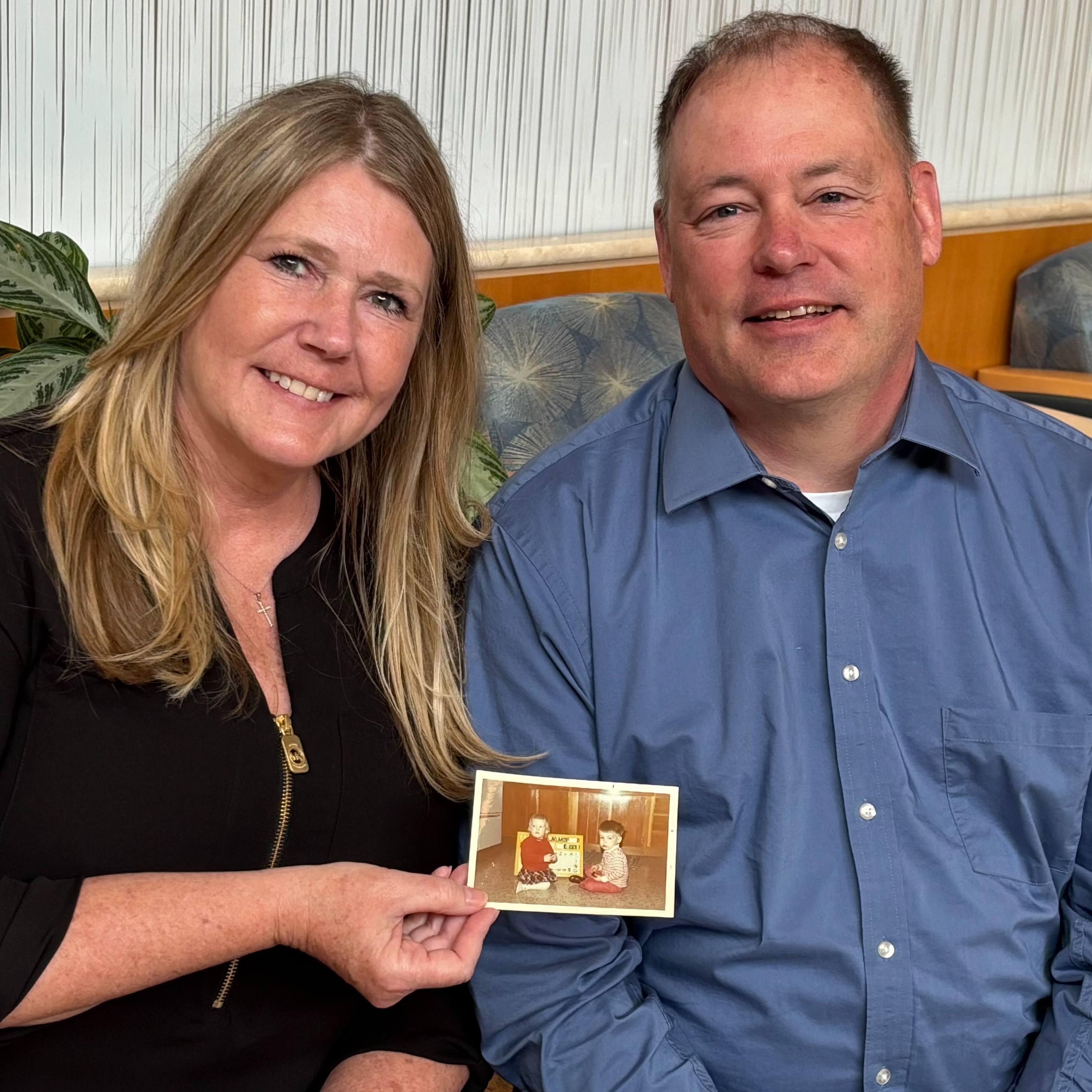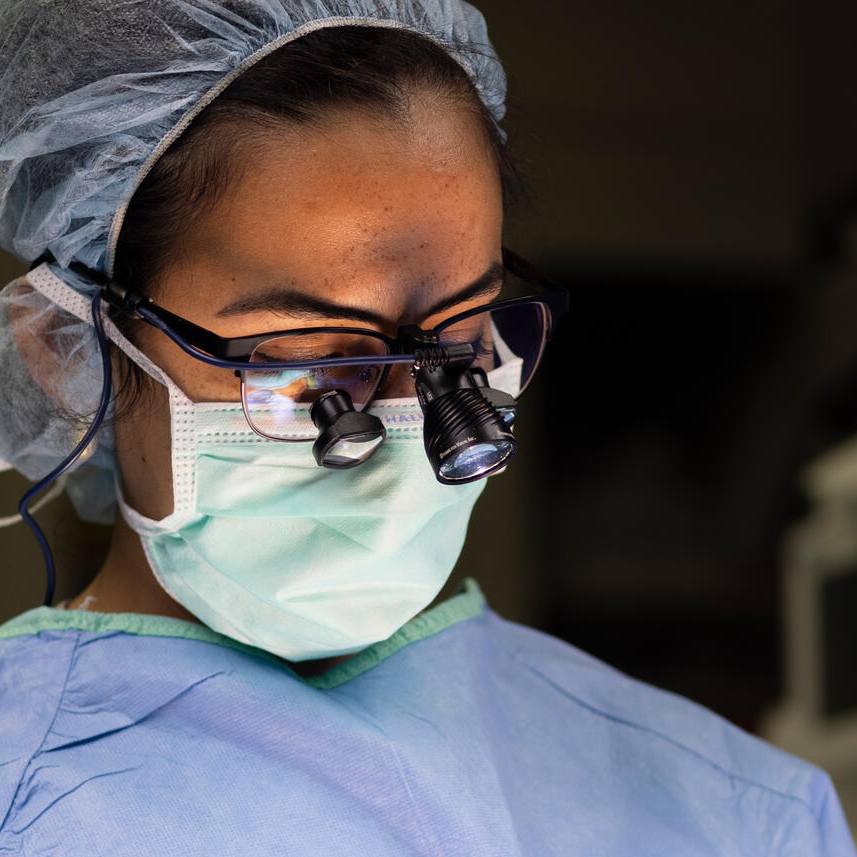-
Mayo Clinic Minute: How artificial intelligence could improve outcomes for stroke patients
People use artificial intelligence – or AI – any time they ask Siri, Alexa or Google to help them find something. But AI is also changing how health care providers treat patients.
"Finding data that's faster, that works continuously like computers do to help make rare diagnoses or faster diagnoses," Dr. David Freeman, a Mayo Clinic neurologist, says.
Journalists: Broadcast-quality video pkg (1:00) is in the downloads. Read the script.
Dr. Freeman has helped develop AI that could soon improve outcomes for people who suffer from a certain kind of stroke called an intracerebral hemorrhage, or ICH.
Right now, patients with an ICH go to a hospital with symptoms, get a CAT scan, then have to wait for results and for doctors to figure out how to address it. During all that time, their chances of dying increase every minute.
"It's been estimated 1.9 million neurons die for every minute a stroke patient is having a stroke," Dr. Freeman says.
Dr. Freeman's team at Mayo is developing an AI system that can help cut down time and damage to the brain.
"A patient with an ICH will have that CAT scan analyzed by the machine learning and output specific treatment interventions ... for better outcomes," Dr. Freeman says.
He estimates AI could help save up to 30 minutes of precious time, which he hopes will save more lives.







